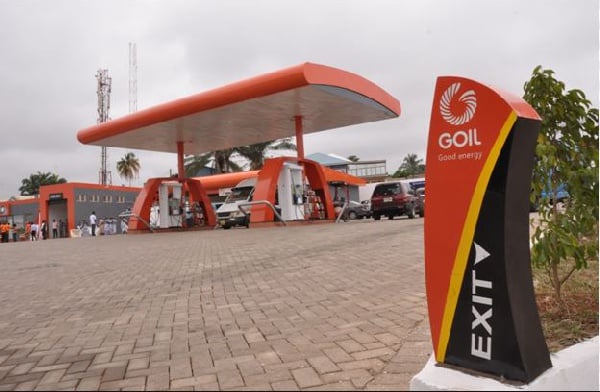The Ghana Federation of Labour (GFL) has lauded GOIL PLC, a major player in Ghana’s oil marketing sector, for its proactive approach to fuel pricing. Deviating from the standard bi-weekly price adjustments typical under deregulation, GOIL has implemented weekly price reductions over the past two months. This initiative, characterized by GOIL’s management as a form of profit sharing and easing the burden on consumers, reflects a customer-centric business strategy. This approach stands in contrast to the often delayed responses of other oil marketing companies to fluctuating global oil prices, demonstrating GOIL’s commitment to providing relief to Ghanaian consumers. The most recent price reduction, effective June 9th, sets Super XP at GHC12.38 per litre, Diesel XP at GHC12.88 per litre, and Super 95 at GHC14.34 per litre. These reductions represent a significant departure from the industry norm and highlight GOIL’s willingness to prioritize consumer welfare.
Mr. Abraham Koomson, Secretary General of the GFL, emphasized the importance of balancing business growth with customer satisfaction, praising GOIL PLC for its leadership in the downstream petroleum industry. He underscored the potential of profit-sharing economic models to expand market share and, ultimately, improve profitability by fostering customer loyalty and attracting new clientele. This strategy, as demonstrated by GOIL, builds a stronger connection with consumers, who are more likely to choose a company that demonstrably prioritizes their financial well-being. Mr. Koomson specifically commended GOIL’s management for alleviating the financial strain on Ghanaians, particularly commercial and private vehicle operators, who are directly impacted by fuel price fluctuations.
The consistent reduction in fuel prices initiated by GOIL has triggered calls for commensurate adjustments in transportation fares. Mr. Kofi Obeng, an agriculturist, highlighted the need for transport operators to reflect the falling fuel costs in their fares, ensuring that the benefits are passed on to consumers across the board. This sentiment resonates with the broader public who expect to experience tangible relief in their daily expenses. It underscores the interconnectedness of fuel prices and transportation costs, emphasizing the importance of a coordinated response to ensure fairness and affordability for all.
Ms. Bernice Kotey, a student, echoed Mr. Obeng’s call, urging transport operators to significantly reduce fares in line with the prevailing economic realities. She specifically emphasized the impact of high transportation costs on students, who often rely on public transport and are particularly vulnerable to price fluctuations. Ms. Kotey’s plea reflects the broader student body’s desire for accessible and affordable transportation, enabling them to participate fully in educational and social activities. Her call for shared benefits underscores the importance of equitable distribution of economic gains stemming from reduced fuel prices.
GOIL’s consistent price reductions have set a precedent for other oil marketing companies, prompting calls for them to emulate this consumer-focused approach. The expectation is that these companies will also demonstrate responsibility by passing on the benefits of lower global oil prices to consumers. This competitive pressure could potentially reshape the industry landscape, encouraging a greater focus on customer welfare and price transparency. Furthermore, it could lead to more dynamic pricing models that respond more readily to market fluctuations, benefiting consumers and promoting a more competitive market.
The collective impact of GOIL’s actions, the GFL’s commendation, and the voices of consumers like Mr. Obeng and Ms. Kotey signifies a potential turning point in Ghana’s fuel market. It emphasizes the power of consumer advocacy and the importance of corporate responsibility in driving positive change. The focus on profit-sharing as a viable business model could inspire other companies to adopt similar strategies, ultimately fostering a more equitable and consumer-centric economic environment. This shift towards greater transparency and customer focus has the potential to benefit the entire economy, stimulating growth and improving the lives of ordinary Ghanaians. It remains to be seen whether other players in the industry will follow GOIL’s lead and embrace a more proactive and customer-oriented approach to pricing.














